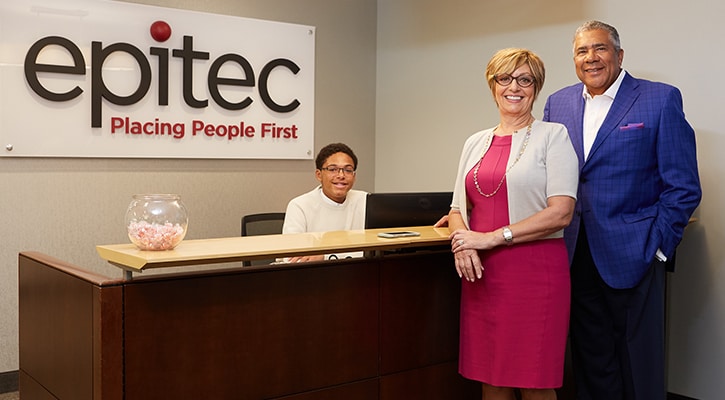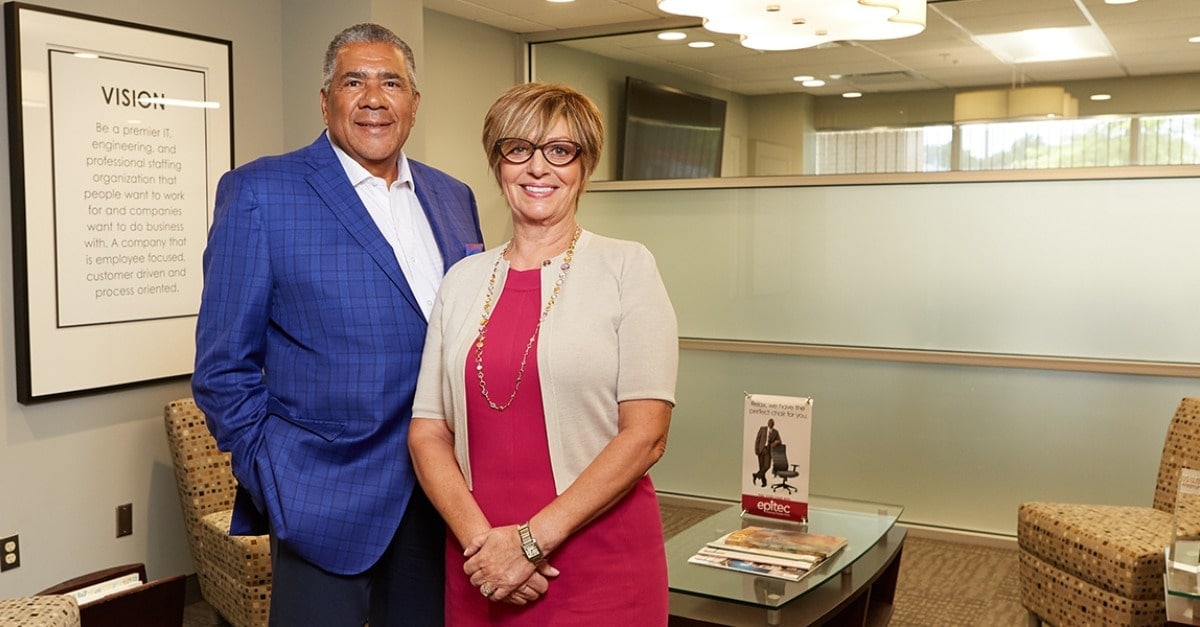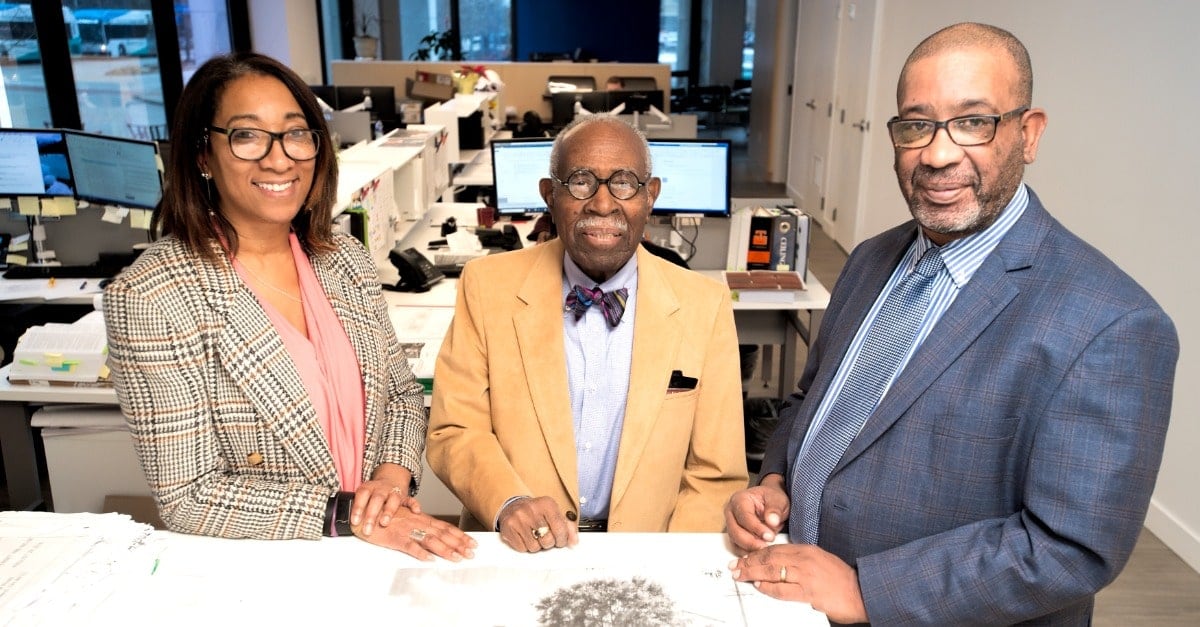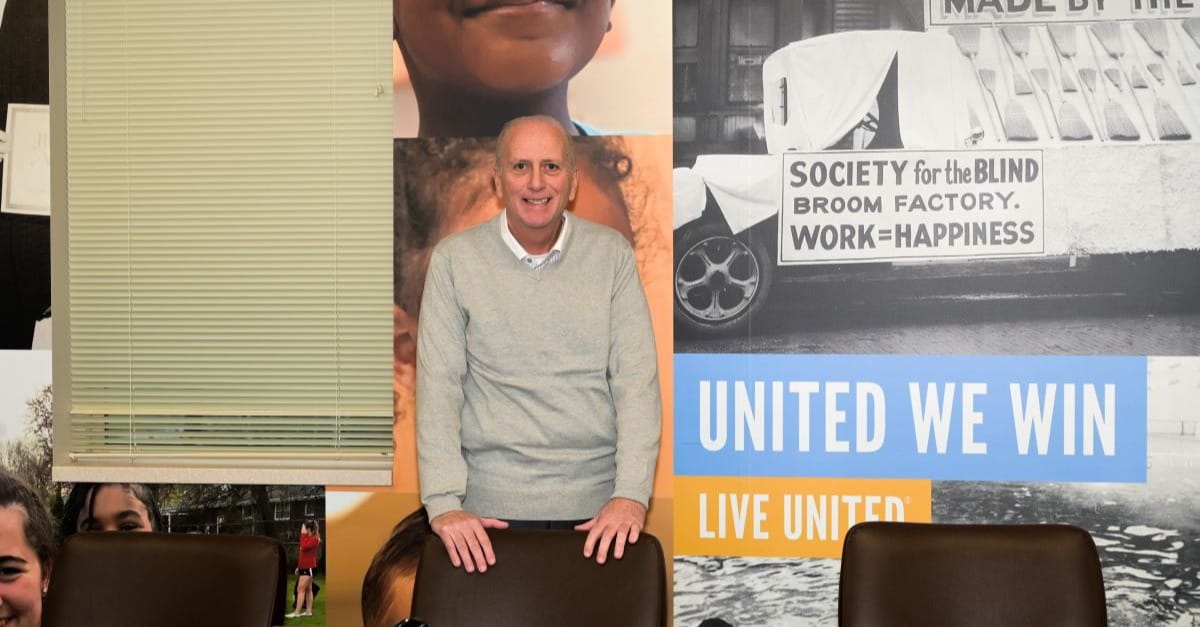By Emily Delzell
Jerry Sheppard is a strong believer in listening over talking and has built his company on the foundation of getting to the root of his clients’ problems.
“Listening well is how we service our clients and understand their requirements, which helps us maintain long-term relationships serving as a valued resource,” says Sheppard, founder and CEO of Epitec, a Detroit-based professional staffing organization that serves a Fortune 500 client base.
Josie Sheppard, who as president runs Epitec with her husband, Jerry, says that really listening to people helps create great relationships with both clients and employees. And because of those relationships, clients can keep their focus on their core business objectives, knowing that if something goes amiss, Epitec will have an immediate response.
“In business, as in life, things don’t always go right,” says Josie. “Clients tell me one of the reasons they prefer to do business with Epitec is that when things do go awry, we handle it quickly and efficiently. Being recovery-oriented—knowing how you will recover from something like a client going out of business, or a lead person quitting—rather than being perfection-oriented gives us the right mindset to make those problems non-events for our clients, and that sets us apart from our competitors.”

Josie Sheppard, President, Mark Ruma, COO,
Drew Satterley, Manager of Sales and Recruiting Delivery, and Jerry Sheppard, Founder and CEO
(Photo by Tom McKenzie)
From the top down
To ensure its employees are focused on taking care of its customers, Epitec recognizes and rewards outstanding work. And that corporate culture starts at the top, says Josie.
“How we treat and foster our company executives flows down to managers, and that, in turn, flows down to how those managers treat and foster their staff. Always remember, it starts at the top,” she says. “When things aren’t going right, it isn’t the person at the front desk, it’s the person at the top. If you’re sloppy, your people will be sloppy.”
While the pair communicate that to their employees, they also value feedback.
“We listen to our employees, because they are on the front line with our clients,” says Jerry. “The reason you have two ears and one mouth is that you do twice as much listening as talking. Getting that feedback from our employees is really valuable to understanding and servicing our clients.”
To help improve performance, Epitec takes training seriously and holds managers accountable.
“I believe people want to do a good job, but they must be given the right tools and instructions to do that,” says Jerry. “You have to provide clear expectations for employees and reward them for meeting those objectives. If someone makes a mistake, we believe that the manager has to take responsibility, because it means they haven’t properly instructed that person in their work.”
And to make sure people are rowing in the same direction to meet the company’s goals, Jerry says it's critical to hire people who have the same customer focus and ensure that they clearly understand company objectives and how they fit into the big picture.
“Our employees stay with Epitec not just because of our competitive compensation, but also because they feel their work is meaningful and that they are contributing to the company’s growth,” says Josie. “If you create an environment like that, you will retain the employees that will help to grow your business and service your clients well, no matter what type of business you are in.”

Renee Hines, Recruiter, and Jerry Sheppard, CEO
(Photo by Tom McKenzie)
Giving back
In addition to feeling responsible to its clients and employees, the Sheppards feel a responsibility to their community as well. To celebrate Epitec’s 40th anniversary in 2018, the company embarked on its largest charitable initiative to date, pledging to raise $240,000 to build six tiny homes for less fortunate Detroiters. With a series of events supported by Epitec, its employees, and corporate sponsors, it hit its goal in November 2018 and broke ground on the homes.
“The Tiny Homes initiative is one way we give back to the community in which we do business, which reflects the value we place on good corporate citizenship,” Josie says. “These tiny homes will change the lives of these six people and help break their cycle of poverty.”
Epitec also has a long-established relationship with Vista Maria, which provides programs and assistance to women and girls who are caught in abusive, destructive, and dangerous situations.
“We fundraise, we volunteer time, and we donate heavily to Vista Maria and other organizations, not only monetarily but in kind, for example, by providing staff the opportunity during business hours to volunteer,” Josie says. “We think giving back is good for the soul. It helps make you well rounded and appreciate how fortunate you are. That’s part of our personality, and we try to flow that down into our corporate culture.”

Hayden Hollamon, Delivery Support Specialist, with Josie and Jerry Sheppard
(Photo by Tom McKenzie)
Supporting growth
Epitec’s relationship with Huntington goes back almost three decades, a relationship forged in part as the result of shared company values.
“When they found out about the Tiny Homes project, they told us about the grants they have for such work and encouraged us to apply,” says Josie. “They’ve also joined us in support of Vista Maria and of other community projects. Huntington is aligned with us both professionally and philosophically.”
Jerry says Huntington has been a strong supporter of Epitec.



